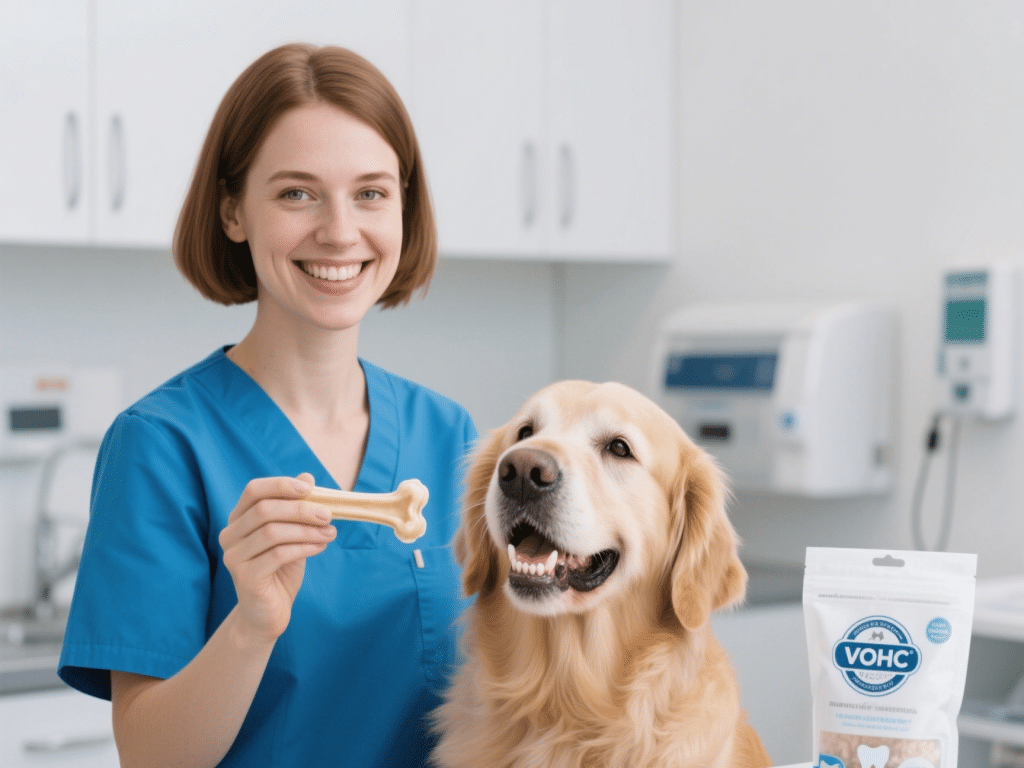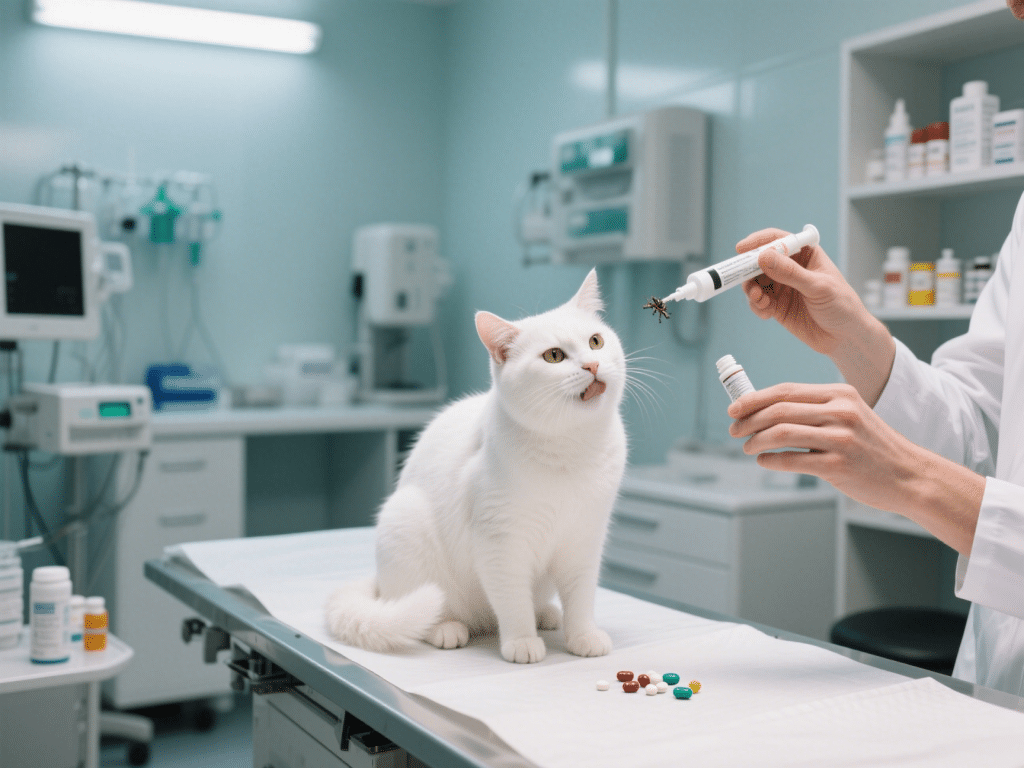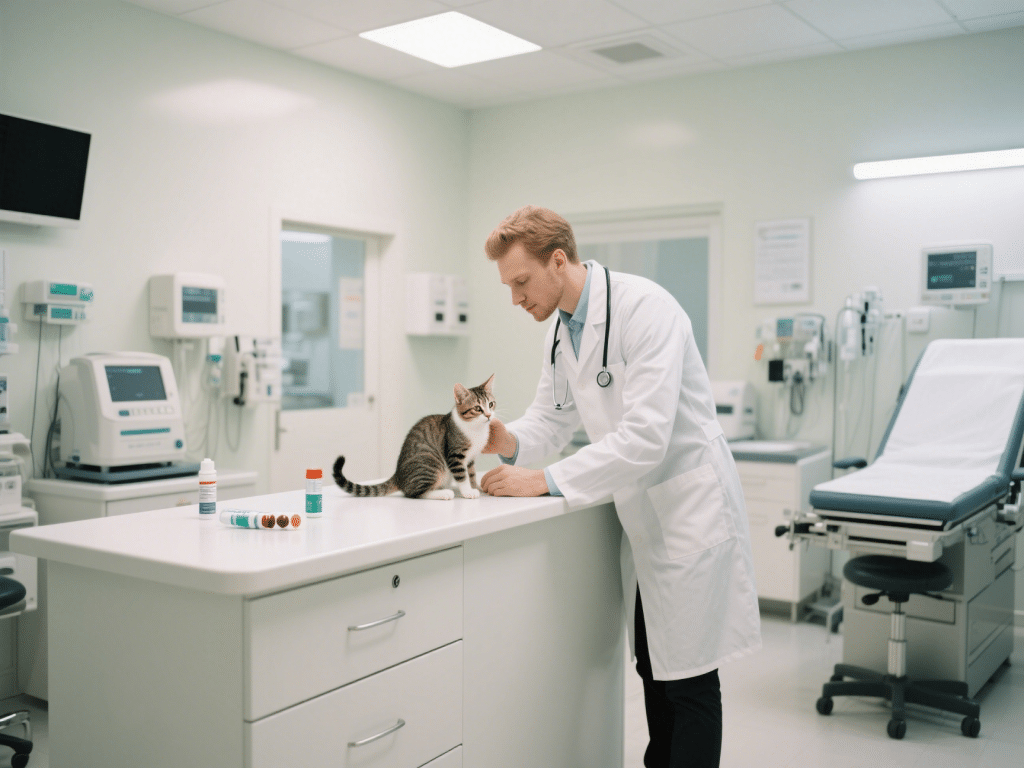Are Dental Chews Good for Dogs? Weighing the Pros and Cons
Dog owners increasingly turn to dental chews as a solution for canine oral care. But do these popular products truly deliver benefits, or do they pose hidden risks? Let’s examine the evidence-based advantages and drawbacks to help you make informed choices for your pet’s health.
The Potential Benefits (Pros)
Plaque and Tartar Reduction: Mechanically, the chewing action scrapes plaque biofilm from tooth surfaces. Veterinary Oral Health Council (VOHC®) accepted products undergo testing proving efficacy. Studies show reductions up to 70% versus no intervention.
Fresher Breath: By reducing bacteria-laden plaque – the primary cause of halitosis – quality dental chews significantly improve bad breath.
Mental Stimulation & Stress Relief: The sustained chewing activity provides enrichment, alleviates boredom, and can reduce anxiety—similar to other safe chew toys.
Complementary Oral Care: While not a substitute for brushing, chews offer a practical supplement for dogs resistant to toothbrushes, helping maintain oral hygiene between professional cleanings.
Potential Nutritional Additions: Some chews incorporate ingredients like enzymes (glucose oxidase, lactoperoxidase), zinc, or chlorophyll for additional anti-plaque effects.
The Potential Risks and Downsides (Cons)
Caloric Intake & Weight Gain: Many chews are calorie-dense. Unmonitored use contributes significantly to obesity—a major health concern. Always factor chew calories into daily feeding totals.
Digestive Upset: Ingredients like glycerin, certain gums, high fiber, or novel proteins can cause vomiting, diarrhea, or gas in sensitive dogs. Introduce new chews gradually.
Choking or Intestinal Blockage: Hard, brittle, or large chunks breaking off pose serious risks. Supervise all chewing sessions. Size matters—choose chews appropriate for your dog’s jaw strength and chewing style.
Dental Fractures: Excessively hard chews (e.g., antlers, hooves, some nylon bones) can crack teeth, leading to painful fractures requiring expensive veterinary dentistry.
Questionable Ingredients & Additives: Low-quality products may contain artificial colors, flavors, preservatives (BHA/BHT), or rendered meat meals with unclear sourcing. Some imported chews carry contamination risks.
False Sense of Security: Relying solely on chews neglects essential oral care. Periodontal disease often starts below the gumline, where chews cannot reach. Annual vet dental exams remain crucial.
How to Choose Wisely & Use Safely
Look for the VOHC® Seal: This independent certification verifies plaque/tartar reduction claims based on scientific testing. Find accepted products on the VOHC website.
Prioritize Size & Texture: Select chews designed for your dog’s weight. Avoid overly hard textures. It should yield slightly under pressure. Soft, gummy chews are less effective mechanically.
Scrutinize Ingredients: Opt for simple, recognizable ingredients. Avoid artificial additives. Check calorie content per chew.
Supervise, Supervise, Supervise: Never leave your dog unattended with any chew. Immediately remove small pieces or fragments.
Consult Your Veterinarian: Discuss your dog’s specific dental health needs, chewing habits, and any dietary restrictions. They can recommend suitable products.
Integrate, Don’t Replace: Use dental chews as part of a comprehensive oral care plan including regular brushing (ideally daily), veterinary check-ups, and professional cleanings when advised.
The Verdict
Dental chews can be a beneficial tool for supporting canine oral health when selected carefully and used correctly as part of a broader strategy. The key advantages—reduced plaque, fresher breath, and enrichment—are significant. However, they are not magic bullets. The risks—calories, potential for digestive upset, choking hazards, and dental damage—demand careful consideration and responsible usage. The most effective approach combines VOHC®-accepted dental chews, daily tooth brushing, and regular professional veterinary dental care. Always prioritize your dog’s safety and individual needs over marketing claims.
Always consult your veterinarian for personalized advice regarding your dog’s dental care and diet.










Comments on " Are Dental Chews Good for Dogs? Weighing the Pros and Cons" :